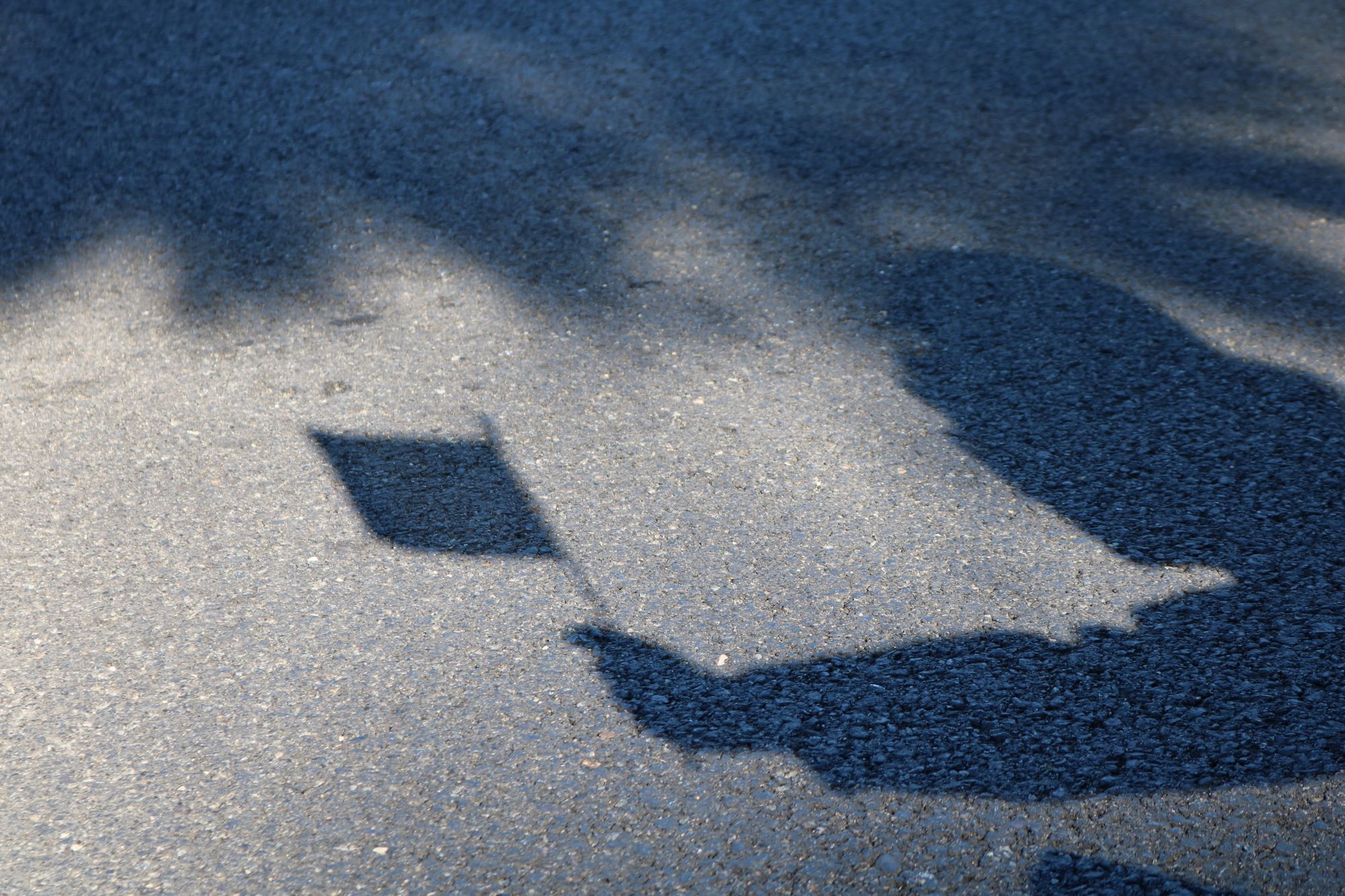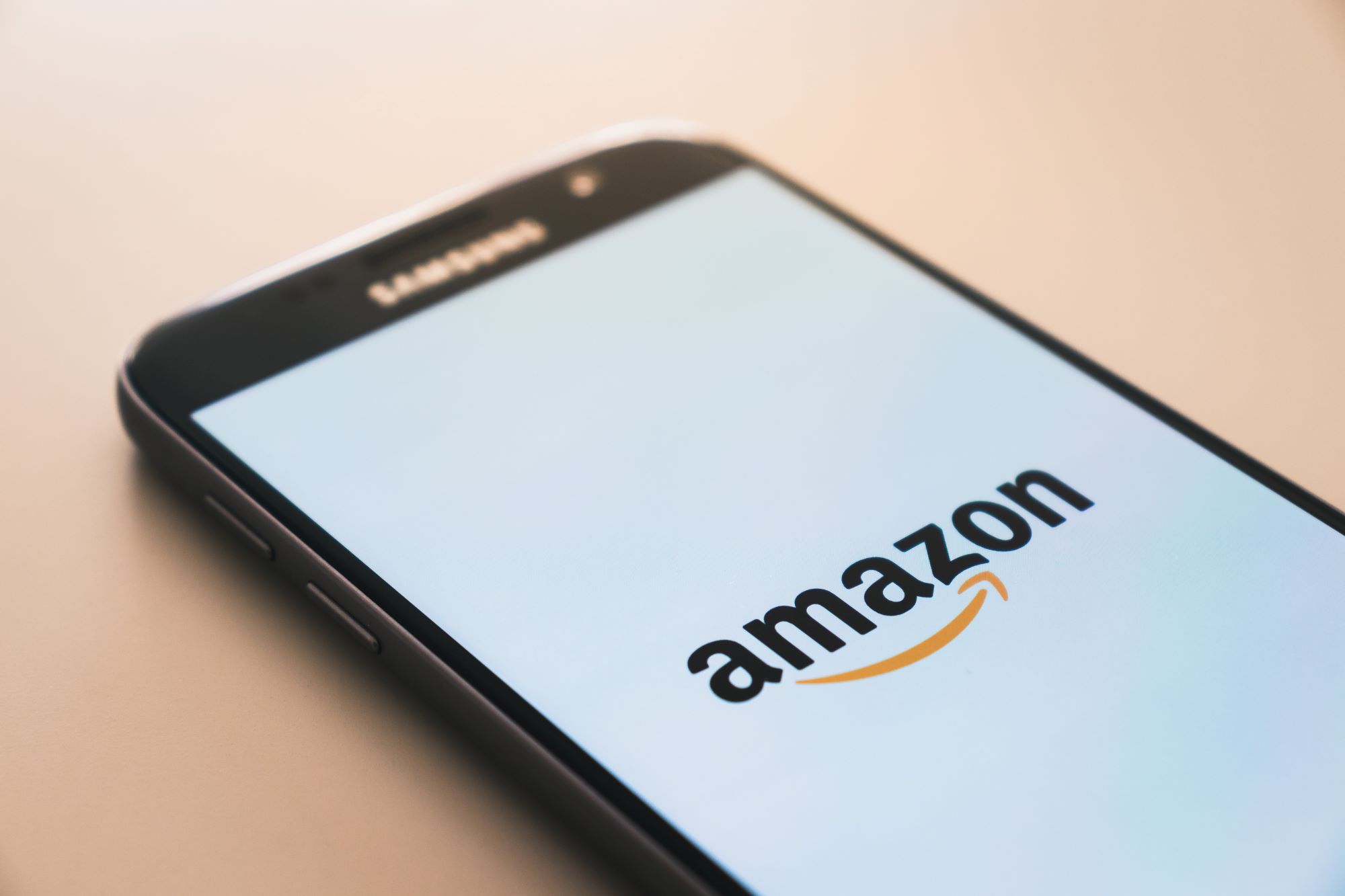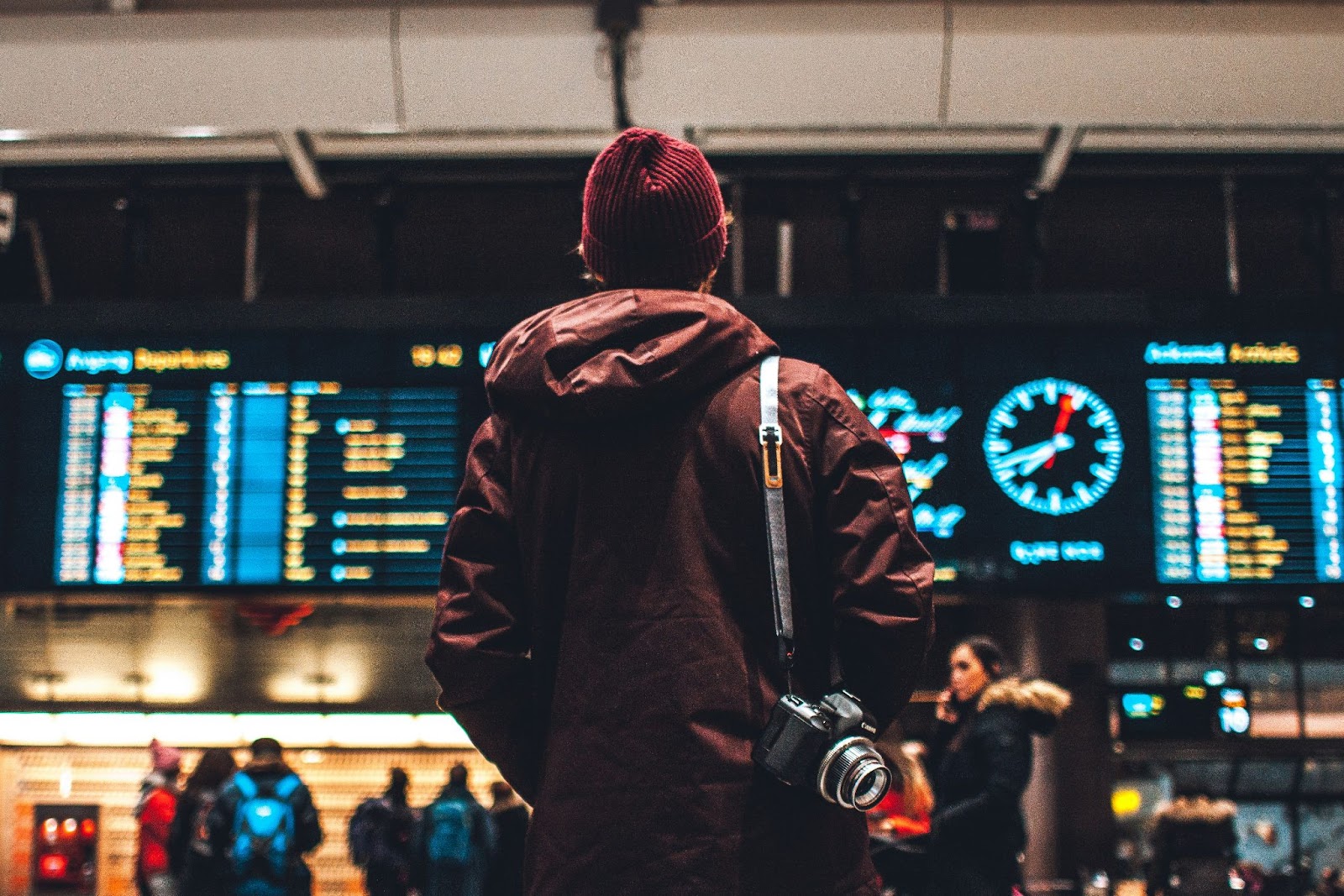Columbus Day Weekend 2023, slated for October 9th, marks an annual observance with a distinct place in the nation’s cultural fabric. It celebrates Christopher Columbus’s arrival in the Americas on October 12, 1492. It also initiated sustained contact between the Old World (Europe) and the New World (the Americas)This day, a federal holiday since 1937, honors the Italian explorer’s groundbreaking voyage, which sparked European exploration and the eventual colonization of the Americas.
We’ll uncover the layers of significance and explore the debates that surround this annual event.
Columbus Day: Traditions and Cultural Significance
Traditions and Activities: Overview of Common Activities on Columbus Day
- Columbus Day Parades: The 79th Parade will start on October 9, 2023. Ans these parades frequently include brightly colored floats, marching bands, cultural shows, and local officials. Thousands of people go to New York City for the largest and most famous Columbus Day parade.
- Museum Exhibits: Museums often host exhibitions related to Columbus’s voyages and their historical impact.
- Cultural Events: Some communities use Columbus Day as an occasion to celebrate the diverse cultures that make up the American mosaic including cultural festivals, art shows, and food fairs featuring dishes from various parts of the world.
- Promos and Sale Events: Columbus Day is a federal holiday in the United States, and many retailers use it as an opportunity to kick off their fall sales. For instance, retailer giants like Amazon, Walmart, and Best Buy, always give away Columbus Day sale events.
Cultural Significance: How Various Communities Mark the Day
- Italian-Americans: In cities with significant Italian-American populations, such as New York and Boston, the celebrations are particularly vibrant and include grand parades and cultural festivals.
- Indigenous Peoples and Advocacy Groups: Some argue that the holiday should be replaced with Indigenous Peoples’ Day, which highlights the rich history and contributions of Native American communities.
- Exploration and Discovery: Columbus Day serves as a reminder of humanity’s innate curiosity and drive to explore the unknown.
Navigating the Storm: The Multifaceted Controversy Surrounding Columbus Day
Celebratory Views: Perspectives of Those Who Support Celebrating Columbus Day
While Columbus Day has become a focal point of criticism, there are still many who support its celebration and view it through a positive lens. These celebratory views often emphasize different aspects of the holiday:
- Exploration and Discovery: Supporters argue that Columbus Day should be celebrated as a recognition of human exploration and discovery.
- Italian Heritage: Christopher Columbus was of Italian descent, and celebrating him is a way to honor their heritage and contributions to American society. In this context, the holiday takes on a cultural and ethnic significance.
- Historical Context: Some proponents of Columbus Day suggest that it is essential to consider historical events within their context. They argue that applying modern ethical standards to events that occurred more than five centuries ago can be problematic, as it may lead to anachronistic judgments.
Critiques and Opposition: Perspectives of Those Who Believe Columbus Day Should Not Be Celebrated
The opposition to Columbus Day has gained momentum in recent years, with many voices advocating for its revision or replacement. The critiques and opposition to the holiday can be grouped into several key areas:
- Indigenous Rights: Indigenous advocacy groups and their allies argue that Columbus Day celebrates a figure associated with the colonization, oppression, and dispossession of indigenous peoples. They contend that it perpetuates a narrative that erases the suffering and historical injustices faced by indigenous communities.
- Alternative Celebrations: One alternative gaining popularity is the observance of Indigenous Peoples’ Day, which recognizes the rich histories, cultures, and contributions of Native American and Indigenous communities. Advocates argue that this shift can promote a more inclusive and truthful narrative of American history.
- Reevaluation of Heroes: Critics believe that society should critically reevaluate historical figures celebrated as heroes, especially those whose actions caused harm to marginalized communities. They argue for a more nuanced approach to understanding and teaching history.
- Acknowledging the Dark Side: Some opponents of Columbus Day contend that it is essential to acknowledge the darker aspects of history and the harm caused by colonialism. They advocate for a more balanced perspective that recognizes both the achievements and the consequences of Columbus’s voyages.
Honoring History with Sensitivity: Celebrating Columbus Day Responsibly
Cultural Awareness: Importance of Respecting Indigenous Cultures
Before delving into how to celebrate Columbus Day more sensitively, it’s crucial to recognize the significance of respecting indigenous cultures. Indigenous communities have long been marginalized and subjected to historical injustices. Celebrating Columbus Day without consideration for their experiences can perpetuate harm and erasure.
- Acknowledge Indigenous Voices: One way to show cultural sensitivity is to actively listen to and amplify the voices of Indigenous people. Their perspectives and experiences should be at the forefront of any discussions or celebrations related to Columbus Day.
- Recognize the Diversity: Indigenous cultures are incredibly diverse, with distinct languages, traditions, and histories. Understanding this diversity and avoiding stereotypes is essential to fostering respect.
Alternatives to Traditional Celebrations: Suggestions for Commemorating the Day in a Sensitive Manner
- Indigenous Peoples’ Day: Many communities and states have transitioned from celebrating Columbus Day to recognizing Indigenous Peoples’ Day. This shift is a significant step towards acknowledging the rich contributions and histories of Native American and indigenous communities. Celebrate this day by learning about local indigenous cultures and supporting indigenous artists, businesses, and organizations.
- Community Dialogue: Organize community discussions or forums that invite diverse perspectives on Columbus Day. Encourage open and respectful conversations about the history, meaning, and significance of the holiday. These dialogues can promote understanding and empathy.
- Educational Workshops: Consider hosting educational workshops or presentations that explore the history of indigenous peoples in your region. Invite indigenous scholars, artists, or activists to share their knowledge and experiences. These events can foster a deeper appreciation of indigenous cultures.
- Cultural Exchange: In the spirit of celebrating cultural exchange, organize events that promote cross-cultural understanding. Partner with local indigenous communities to showcase their traditions, art, music, and cuisine. This can be an opportunity to learn and celebrate together.
- Service Projects: Turn Columbus Day into a day of service by engaging in projects that benefit indigenous communities. This can include volunteering for initiatives focused on cultural preservation, education, or social justice issues.
Promoting Education: Encouraging Learning about Indigenous History
Education plays a pivotal role in reshaping how Columbus Day is observed. By promoting a deeper understanding of indigenous history and the impacts of colonialism, we can foster empathy, respect, and a more responsible approach to the holiday.
- Incorporate Indigenous Perspectives: Integrate Indigenous perspectives into educational curricula. Teach students about the histories, cultures, and contributions of indigenous peoples alongside the traditional narrative.
- Library Resources: Libraries can be valuable sources of information about indigenous history. Promote reading lists, books, and documentaries that provide insight into indigenous experiences and the history of colonialism.
- Museum Visits: Encourage visits to museums and cultural institutions that feature exhibits on indigenous history and contemporary indigenous art. Museums often provide valuable educational opportunities.
- Guest Speakers: Invite indigenous scholars, activists, or artists to speak at schools and community events. Their firsthand experiences and knowledge can provide invaluable insights.
- Online Resources: Make use of online resources, including websites, documentaries, and educational platforms that offer a wealth of information about indigenous history and cultures.
Conclusion: A Call for Responsible Celebration
The controversies surrounding Columbus Day, from its historical implications to the clash of perspectives, compel us to reevaluate how we commemorate this day.
As society evolves, so must our traditions and observances. Columbus Day can be a reminder of the dark chapters of history, a celebration of exploration, or a platform for indigenous voices. We can redefine Columbus Day as a day of reflection, unity, and growth.



